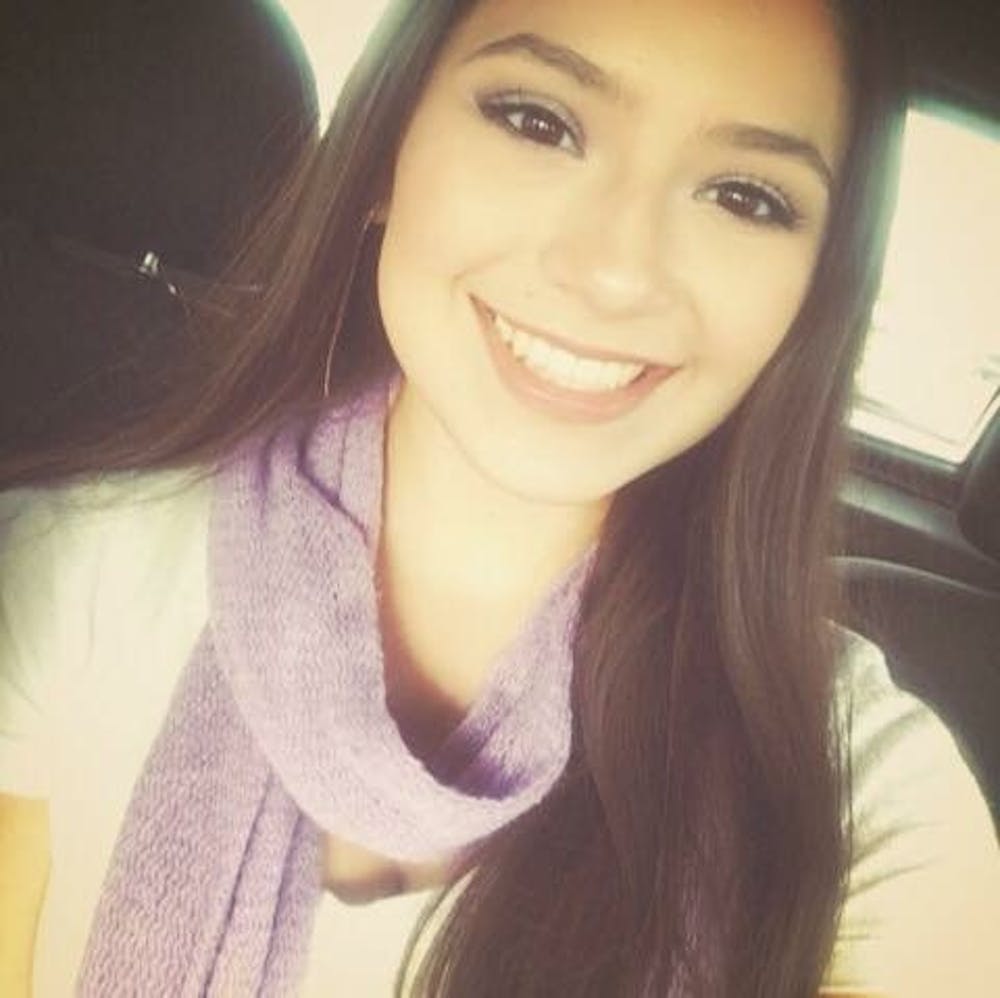When I was a little girl, I always dreamed of the day I would be able to vote.
I still remember the mock elections my elementary school had, and how we all went to the gym just to watch the speeches of President Barack Obama. He seemed so sound, so full of wisdom, so political and professional. This year’s presidential candidates don’t show quite the same qualities.
I was born and raised in the
A government “of the people, by the people, for the people” meaning that based on Americans’ opinions of the candidates—their votes—a presidential candidate becomes the leader of our nation for four to eight years.
I am puzzled by a few things in this election process: How did our democracy land in a situation where a large majority of American voters feel they are choosing between the lesser of two evils? Why are our presidential candidates either racist and misinformed or involved in a national security scandal?
I will be 17 during this year’s election, making me close to my right to vote but too far to have my say. This election has become personal. As a Mexican-American woman, the lesser of two evils for this year’s presidential election couldn’t be any clearer.
Donald Trump lost this
But Mexicans and Mexican-Americans are not Trump’s only victims. He has discriminated against the vast majority of citizens who are not white men, like he is. He has, on seemingly countless occasions, victimized those with religious beliefs, ethnic backgrounds and genders different from his own. He has even gone so far as to question the president’s citizenship. From the Islamic community, to those with disabilities, his ignorance and lack of filter seems to have no end.
Trump’s role in the election makes it even clearer that racism and bigotry are still alive in the
I’ve heard plenty of people say that they won’t vote at all because both presidential candidates are nowhere near desirable. My experience with this election has revolved around of arguments with adults who do not even bother to listen to presidential debates, the frustration that I am too young to vote and a constant stream of disrespectful comments Trump has made against the various groups our country.
All of it has embedded a strong sense of my rights and power as a future voter.
I may not be able to vote this year, but after the turn of events with Trump, I know that I'll make it to the polls on every election day after I turn 18. Seeing and hearing the ignorance of our possible future President Trump made me even more passionate about fulfilling my duty as an American, refusing to stand by quietly as witless candidates attempt to “lead” our nation. And I can guarantee that I am not the only Class of 2017 person to feel this way. So while our voting rate and participation as a nation may be at an all-time low this year, I promise that along with my generation and I will make sure that it will never be that low again.



